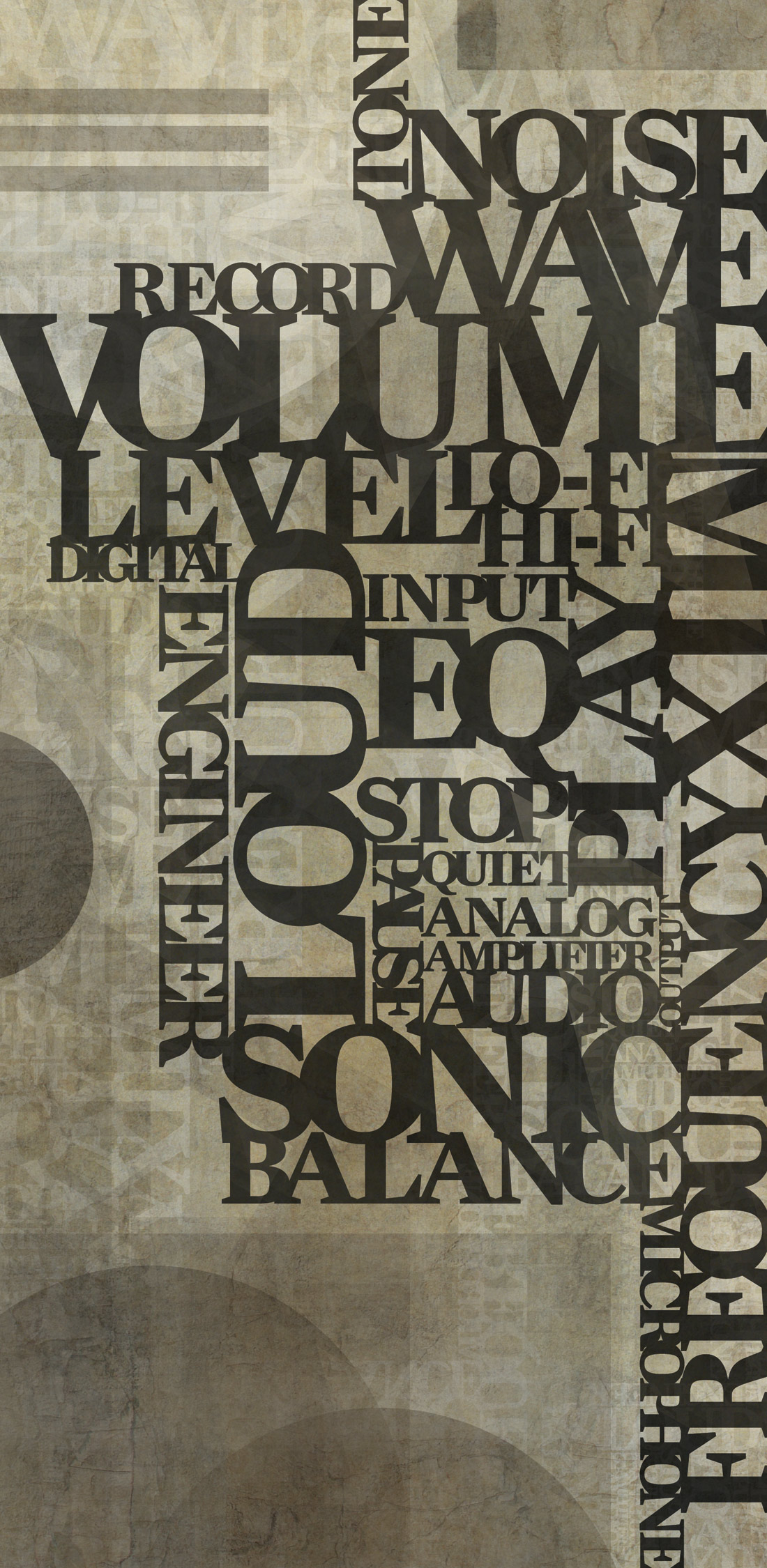I feel like I have to say a little about Jay's passing. He was one of those rare people that came into my life at a time when I was ready to learn and he taught me more than I can say about recording, music and how to be an open, giving presence in life. He taught me how to hear and record music in ways I'd never imagined. And now I'll never have the chance to properly thank him. I am profoundly grief stricken.
I got the chance to record with Jay back in 2002-2003. I was just coming out of my band of six years and Jay was not long out of Wilco. I needed to do something on my own, but I felt I needed a guide. Jay and I had met several times before, and when I had a batch of songs together I got in touch with him and went out to Chicago for a week to work on the songs — just the two of us. When I got to the studio I came up the stairs to the loft space and found the door open, a pile of stuff in the stairway, an acoustic guitar with a throw rug duct taped to it and a trail of blood leading into the studio. What the hell was going on? I called out. There was no answer. I ventured into the space, following the trail of blood until I found Jay asleep on an air mattress in a back room. I woke him up and he told me he'd been recording the night before and was trying to get a mic flown as high as he could in the stairwell, when the mic stand broke and the mic fell and smashed him in the face. That explained the blood.
I tell this story because to me, that's what Jay was all about. He was willing to try anything to get the sound, anything at all, and sometimes at his own peril. In the course of those sessions we hung an amp from bungee cords in the same stairwell at its highest point and blasted a drum loop through it so we could have the natural reverb of that space. We cranked a Vox AC30 about as loud as it would go at 5 a.m. with all the windows open to get the guitar sound we needed for that song. I learned so many other little tricks from him that I can't catalog them all here. Generally we would work from about 1 p.m. to 6 a.m., sleep a few hours and then get back to it. One morning, about midway through the week, I crashed and Jay kept working. I woke up hours later to find him in the control room, working on a bass part for one of the songs. He said, "I just finished three bass parts for this song — one's crazy, one's in the middle and the last one's simple. Listen to them and decide which one you like." Then he went off to sleep. He was so bleary that he could barely keep his eyes open as he wandered away, but it was clear that nothing had been more important to him than getting those bass parts out. He had to get them. And as soon as he did, he was released.
Jay was a unique musician and recordist, but not simply because of what he could do. On my project it was what he wouldn't do that stood out to me. I expected to go out there, play him my songs and then he'd work his magic on them, play a ton of the instruments and that would be that, but we got a couple of days in and he hadn't played a single note. I kept trying to get him to do stuff and he was reluctant. Finally he just said, "Look, I could do that. I could play a bunch of stuff and I could Wilco all over your record, but then it wouldn't be you. You know what you want and I know that you can do it. I'll step in when I need to." I was floored. I can't tell you how much it meant to me at that time in my life to have someone say that to me. After that moment we were equals in the project. I had confidence in what I was doing. There are not a lot of folks as gifted as Jay was who could step away and let someone else do their thing and trust what was happening.
That's the Jay Bennett that was absent from the I Am Trying to Break Your Heart documentary, and largely from the public eye — the enigmatic artist willing to try anything at all to get the sound, including letting someone else make it if that's what was right. Toward the end of that week we were listening to what we'd done, talking about mixes and the rest of what needed to happen to get the project completed. Sitting there in the control room he turned to me and said, "I'm really glad you came out here to make this record with me, but you know, you didn't have to. You knew what you wanted these songs to be. You had the vision. You didn't need me." It meant so much for him to say that. But he was wrong. I did need him, even if it was just to give me that confidence to know I could do it myself. That was his gift to me, and I'm sure countless others who had the privilege to work with him. That's why he was a very special man.
Thank you, Jay. You meant a lot to me. You did everything you could to get the sound. Now rest in peace. r
www.sadironstudio.com
Photo by Robert Loerzel, and is an outtake from an interview with Jay in Tape Op #41.

